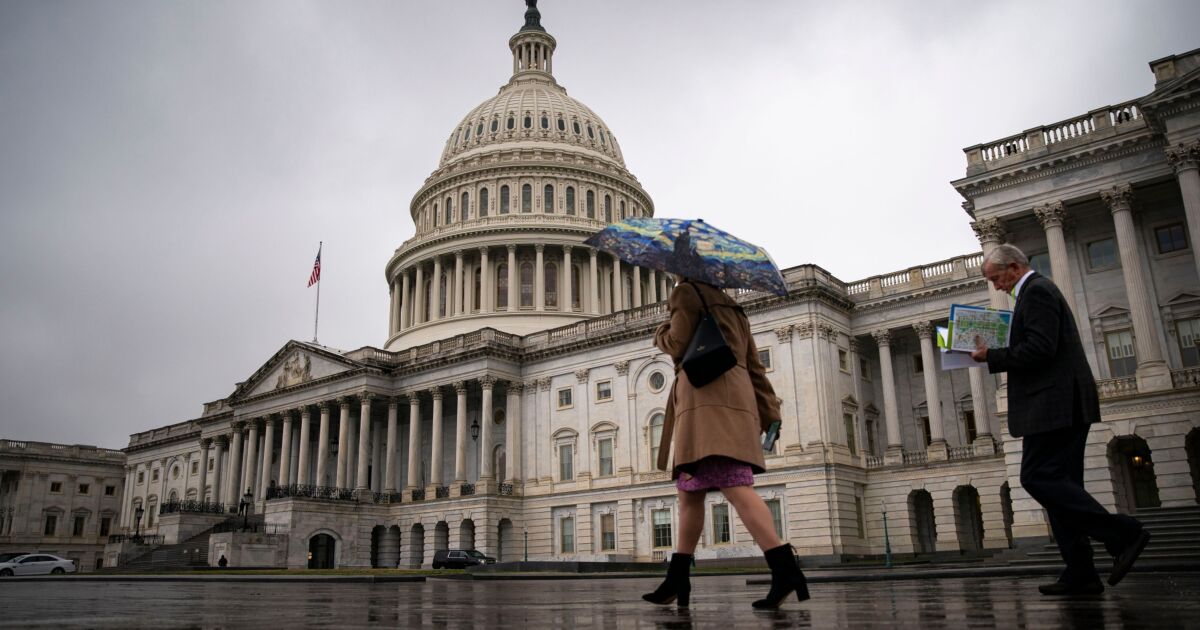
In a joint letter this week, leading housing industry trade groups voiced concerns over proposed reductions in funding at key government-finance agencies, asking Congress to fulfill requests at previously approved levels.
Even as both chambers of Congress approved funding close to the amounts originally requested by
The letter was signed by Community Home Lenders of America, Housing Policy Council, Leading Builders of America. Mortgage Bankers Association, National Association of Home Builders, National Association of Realtors and National Reverse Mortgage Lenders AssociatIon.
As Congress attempts to reconcile funding proposals from the Senate and House of Representatives, signs point to the likelihood of a 1% cut, "a result that raises serious concerns about funding levels for FHA and Ginnie Mae, considering the critical role these programs play in support of affordable homeownership," the letter said.
"As FHA is projected to generate $2.75 billion in profits (negative credit subsidies) in the FY 2024 budget, it seems counterintuitIve to underfund requests for administrative accounts that support FHA," signers of the letter stated. Similarly, they said Ginnie Mae requests "also appear fully warranted."
The FHA, which is funded through the Department of Housing and Urban Development, had asked for funding of $500 million, a $35 million increase from the fiscal 2023 amount of $465 million. Committees in the House and Senate approved funding at $488.5 million and $497 million. The consortium urged congressional leaders to "place a high priority" on funding at the higher Senate level.
"A 1% cut to the Ginnie Mae account would result in harmful mortgage market impacts and taxpayer risks. As noted, both the House and Senate THUD bills recognized this and funded increases of $11 million and $14 million, respectIvely," the letter said, adding that $54 million should be "the absolute minimum that is prescribed."
The trade groups pointed to technology modernization efforts at the FHA as an essential need requiring additional funding. They also emphasized several enhancements to housing affordability programs for first-time buyers the FHA introduced in 2023, including
"Absent action on full year funding, we are deeply concerned that a 1% cut against 2023 levels per the spring budget negotiation would prove inadequate and substantially undermine FHA's ability to fulfill its baseline responsibilities," the letter said.
According to FHA's 2023 annual report, the agency served more than 478,000 first-time home buyers — equivalent to 82% of its total forward-mortgage purchase volume.
Similarly, Ginnie Mae's role in ensuring access to capital markets for issuers of its securities underscored the importance of a budget increase
"This broad base of issuers is vital to maintaining a competitive mortgage market and keeping mortgage rates as low as possible to maximize consumer choices. With the rapid increase in long-term mortgage rates, homeownership affordability is strained, which makes the competition created by a broad issuer base particularly critical," the groups wrote.
The letter comes as the volume of lending coming through FHA and other government agencies is seeing a



